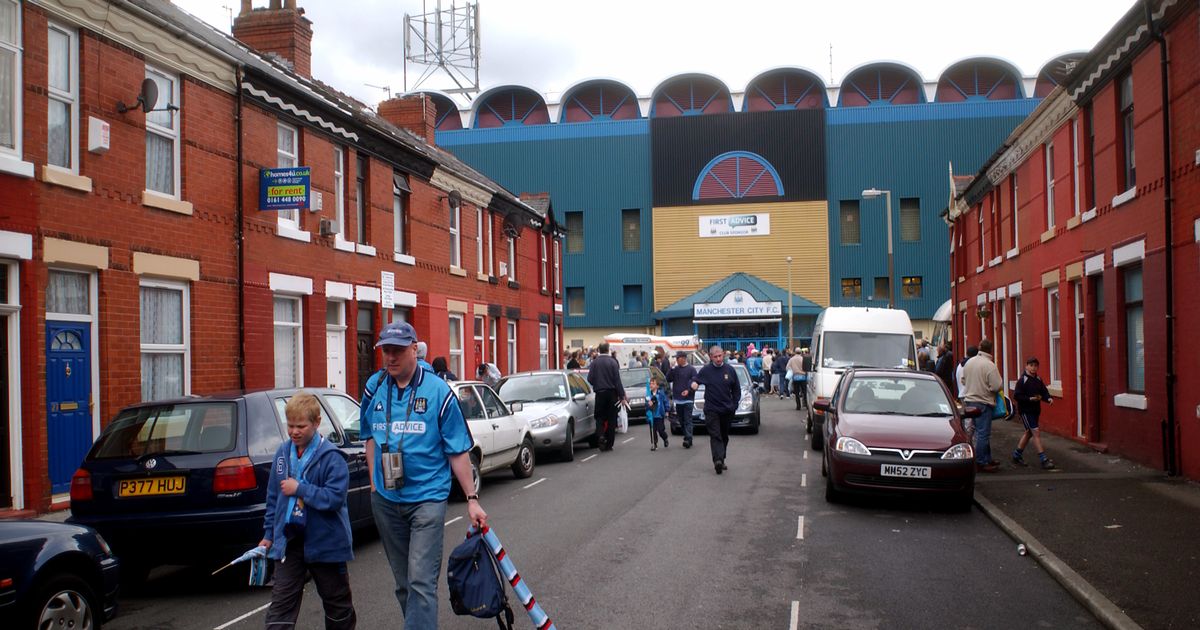The first Manchester Edition of the popular board game was released over 25-years-ago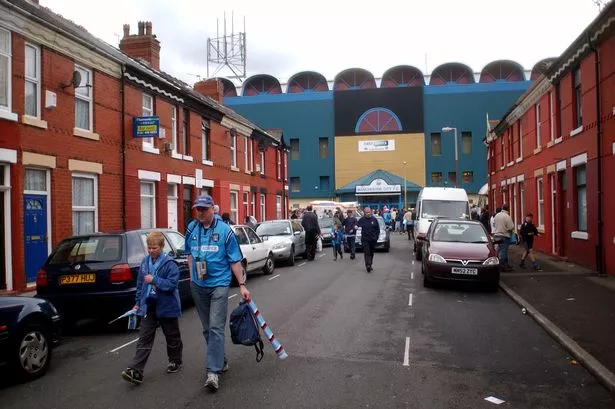 Manchester City’s Maine Road Stadium is one of the landmarks that no longer exists from the original Manchester Edition of Monopoly(Image: PA | EMPICS Sport)
Manchester City’s Maine Road Stadium is one of the landmarks that no longer exists from the original Manchester Edition of Monopoly(Image: PA | EMPICS Sport)
The board game that has caused more family rifts than any other is 90 years old this year. Yes, Monopoly, as the game we know and love today, was first released by the Parker Brothers in 1935.
However, the game’s origins can be traced back to 1903, when American Lizzie Magie created The Landlord’s Game as an educational tool. This year, the Royal Mint has released a Monopoly 50p commemorative coin to celebrate the popular game’s 90th anniversary.
In November this year, Winning Moves, who produce official versions of the game for Monopoly owners Hasbro, will release a new and updated Manchester Edition of the board game just in time for Christmas. The game will showcase more than 30 leading city landmarks on the board.
Partnership Manager at Winning Moves UK, John Keen-Tomlinson, said: “Watch this space. There are some very big and exciting new entries, including some surprises – and the top Mayfair space is new and will be going to a massive Manchester-loved landmark.”
The company produced the very first Manchester Edition of Monopoly in 1999. Back then, the squares occupied on the board were a snapshot of the landmarks people most associated with the city at that time. An updated version of the Manchester Edition was also released in 2008, with many of the original squares were replaced to keep up with the changing times.
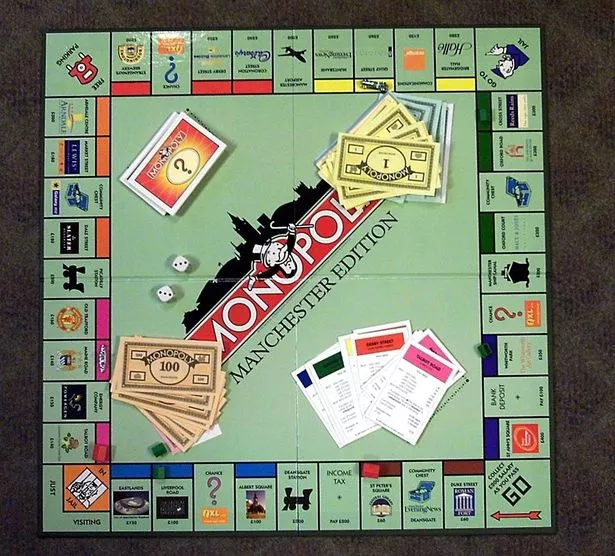 Original 1999 Manchester Edition release of the board game Monopoly
Original 1999 Manchester Edition release of the board game Monopoly
However, to celebrate 90 years of Monopoly and the upcoming release of the new Manchester Edition, we’ve taken a look back at some of the landmarks in the original 1999 Manchester version that have changed or have now completely disappeared.
Love Greater Manchester’s past? Sign up to our nostalgia newsletter here
Boddingtons Brewery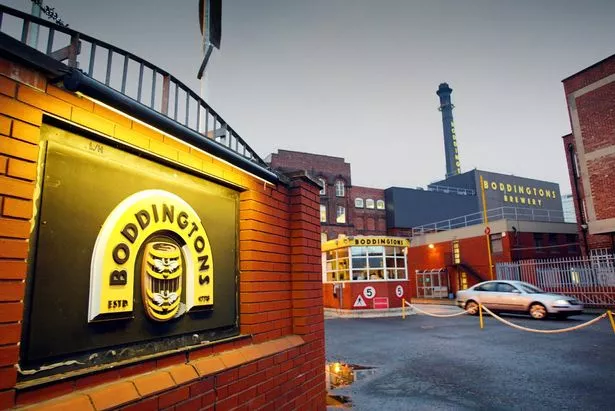 Boddingtons Brewery in Strangeways(Image: Jason Lock)
Boddingtons Brewery in Strangeways(Image: Jason Lock)
In the original 1999 edition of Monopoly’s Manchester Edition, the 200-year-old Strangeways Brewery was a given as a square on the board. Founded by two grain merchants on the eve of the Industrial Revolution in 1778, the business of selling beer to thirsty factory workers proved to be a winner.
Henry Boddington, born in 1813, rose through the company to become a partner and, in 1853, took out a loan to become its sole owner. The business continued to boom, with 100,000 barrels of beer a year being brewed by 1877. Boddies continued to brew its bitters and ales through World War One, the Depression of the 1930s and World War Two – though German bombers struck the brewery on December 22, 1940.
In the 1990s, Boddingtons was swept along by a wave of Madchester cool. Everything the city produced seemed to attract an eager audience across Britain and beyond. Even its traditionally ‘northern’ intuitions were given a new shine under the spotlight of Manchester’s cultural capital.
Join the Manchester Evening News WhatsApp group HERE
In 2000, owners Whitbread became part of Belgian brewer Interbrew, which owned Stella Artois. In September 2004, the new owners announced the closure of the Strangeways brewery, with most of its production moving to Wales and Lancashire, while its cask ale production – which accounted for less than 10 per cent of its output – moved to Hydes Brewery in Moss Side.
The decision to close the Strangeways site was made. Despite a fierce campaign, the iconic Boddies factory chimney came tumbling down when the brewery was demolished in 2007.
Manchester Evening News Arena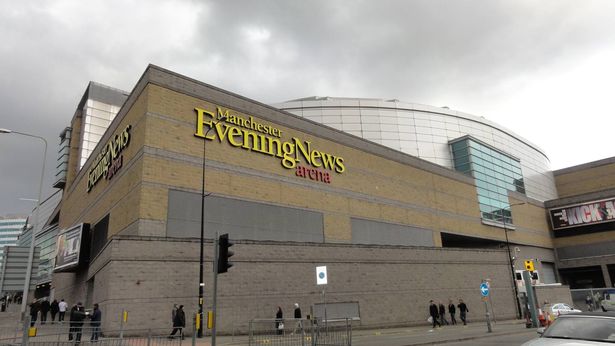 The venue was renamed the Manchester Evening News arena in the late 1990s(Image: By J4YP34 – Own work, CC BY 3.0, https://commons.wikimedia.org/w/index.php?curid=9985315)
The venue was renamed the Manchester Evening News arena in the late 1990s(Image: By J4YP34 – Own work, CC BY 3.0, https://commons.wikimedia.org/w/index.php?curid=9985315)
Now known as the AO Arena, in the original Manchester Monopoly Edition, it graced the board in its former guise as the Manchester Evening News Arena. Of course, the arena has changed its name several times. When it opened in July 1995, it was the Nynex Arena before later being renamed the Manchester Evening News Arena, or more commonly, the M.E.N Arena, from the late ’90s until 2011.
From 2013 to 2015, it was renamed the Phones 4u Arena, but then it reverted back to Manchester Arena. In 2019, the arena was temporarily renamed after pop group Take That during a five-concert Manchester leg of their tour to honour their career. At the time, the band held the record for the most performances at the arena with 46.
It wasn’t until September 2000 that the arena was rebranded as the AO Arena as part of a sponsorship deal with electrical retailer AO. I guess we’ll have to wait and see if the AO Arena will appear on the new Monopoly Manchester Edition.
Maine Road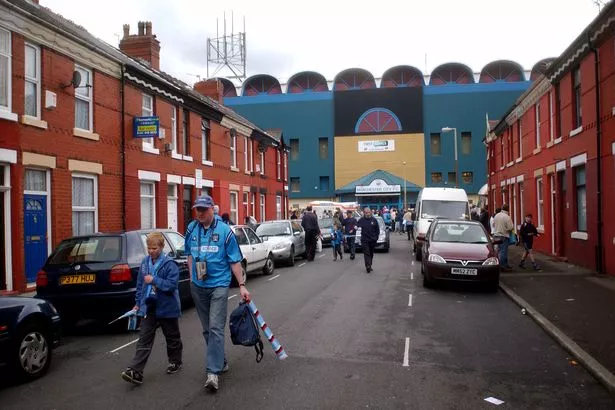 Manchester City fans leave Maine Road for the last time. May 11, 2003(Image: PA | EMPICS Sport)
Manchester City fans leave Maine Road for the last time. May 11, 2003(Image: PA | EMPICS Sport)
It’s been over 20 years since Manchester City’s Maine Road Stadium was demolished, but in 1999, it was still home to the Sky Blues. Manchester City didn’t move to their new home of the City of Manchester Stadium, now known as the Etihad, until 2003; Maine Road was demolished a year later.
Get news, views and analysis of the biggest stories with the daily Mancunian Way newsletter – sign up here
Maine Road had been the home stadium of Manchester City Football Club since 1923, when they moved from their old Hyde Road ground. Surrounded by residential streets in the working-class suburb of Moss Side, Maine Road was famous for its atmosphere and was often referred to as one of English football’s legendary grounds.
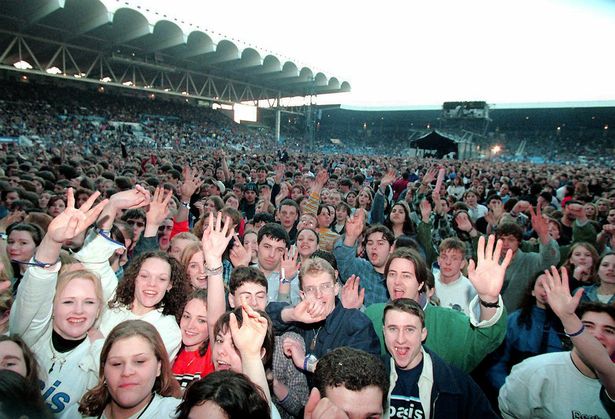 Oasis fans at Maine Road, April 1996(Image: Manchester Evening News)
Oasis fans at Maine Road, April 1996(Image: Manchester Evening News)
But Maine Road was just the setting for football matches; the stadium also staged legendary music gigs, including Bryan Adams, Bon Jovi, David Bowie, Fleetwood Mac, Guns N’ Roses, Pink Floyd, The Rolling Stones, and Prince. However, many Oasis fans will remember the stadium for the band’s iconic homecoming gig, playing two nights at Maine Road in 1996.
Lewis’s – Market Street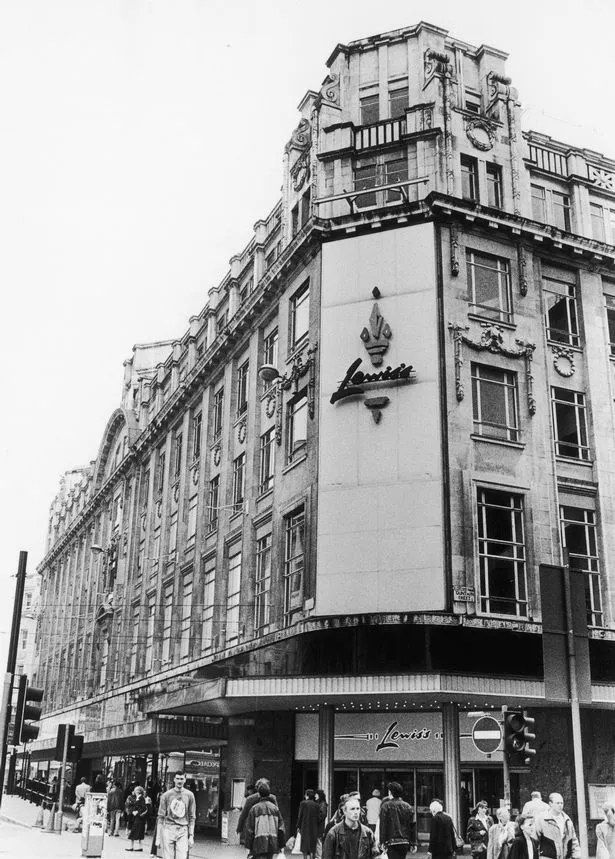 Boxing day shoppers outside The Lewis’s department store on Market Street Manchester, 26th December 1994
Boxing day shoppers outside The Lewis’s department store on Market Street Manchester, 26th December 1994
Still occupying a prominent place on Market Street in 1999, Lewis’s stood proudly on the corner of Piccadilly Gardens as one of the city’s first department stores, which opened in 1877. Founded by David Lewis, who opened a flagship store in Liverpool originally only selling boys’ and men’s clothing, the department store grew to a country-wide chain, which the Manchester branch being the first to open outside Liverpool.
For many people living in the city, the opening of a department store that sold everything you could think of was truly amazing. The Manchester store included a full-scale ballroom on the fifth floor.
The company went into administration in 1991. Liverpool competitor Owen Owen bought up several branches of Lewis’s but kept the name.
However, shortly after the original Manchester Edition of Monopoly came out, the store closed in 2001. A huge Primark now stands on Market Street in its place.
